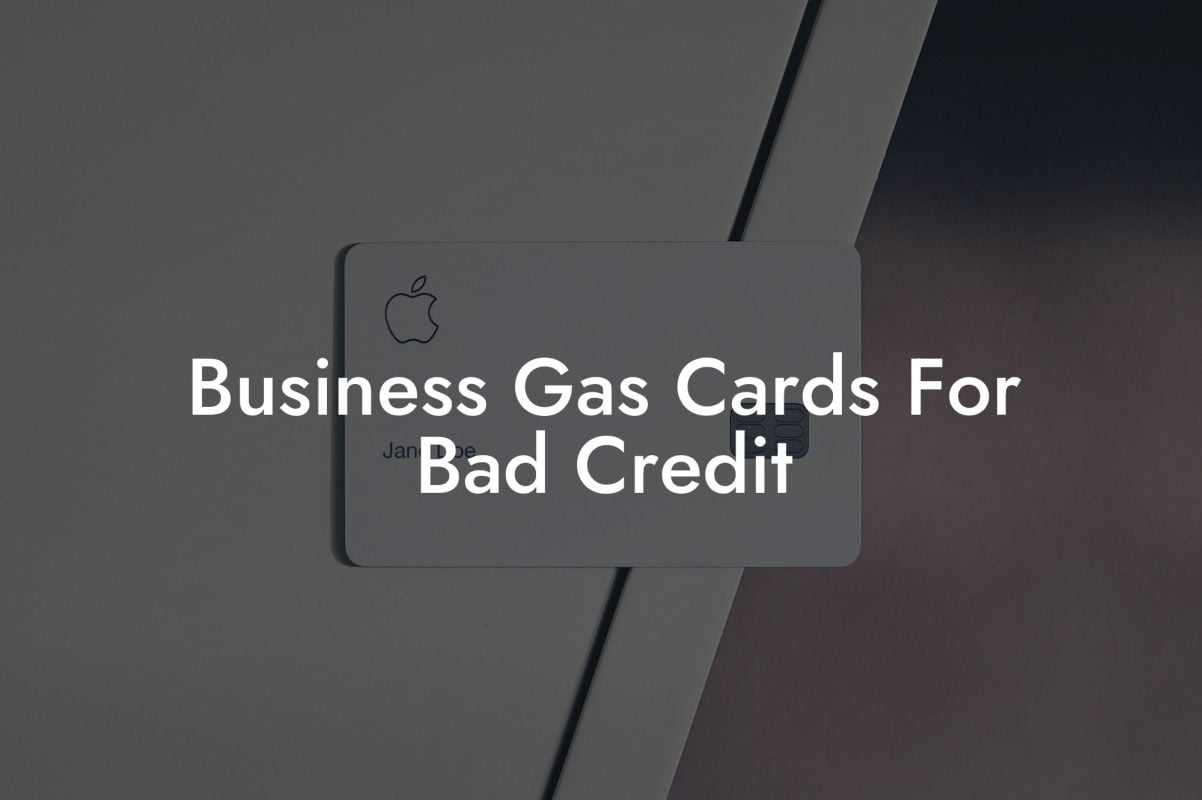Navigating the world of credit can be difficult, especially for those who don't have any credit history. It's a classic catch-22 situation: you need credit to build credit, but you can't get credit if you don't have a credit history. Fortunately, there's a solution: store credit cards for no credit. These cards are designed for those who are just starting out in the credit world and need a helping hand. In this article, we'll discuss the advantages and disadvantages of store credit cards for no credit, how they work, and the best ways to use them to build your credit score.
Store Credit Cards For No Credit Table of Contents
Advantages of Store Credit Cards for No Credit
What Are Store Credit Cards?
Store credit cards are credit cards issued by retailers, usually in partnership with a major credit card issuer like Visa or Mastercard. These cards are branded with the store's name and can be used for purchases at that specific retailer and sometimes a few select partners.
Advantages of Store Credit Cards for No Credit
Store credit cards offer some unique benefits for people with no credit history, including:
- Easier approval: Since store credit cards generally have lower credit requirements than traditional credit cards, they are often easier to qualify for if you have limited or no credit history.
- Establishing credit history: Using a store credit card responsibly can help you build a positive credit history, which will make it easier to qualify for better credit cards and loans in the future.
- Store discounts and rewards: Many store credit cards offer exclusive discounts and rewards for shopping at their stores, which can save you money on your purchases.
Disadvantages of Store Credit Cards for No Credit
Despite their advantages, store credit cards also come with some drawbacks, such as:
- High interest rates: Store credit cards often have higher interest rates than traditional credit cards. If you don't pay off your balance in full each month, you could end up accruing a lot of interest charges.
- Limited usability: Since store credit cards can typically only be used at the specific retailer (and sometimes a few select partners), they aren't as versatile as a regular credit card.
- Lower credit limits: Store credit cards tend to have lower credit limits, which can make it more difficult to keep your credit utilization low – an important factor in your credit score.
How to Make the Most of Your Store Credit Card
If you decide to pursue a store credit card, keep these tips in mind to make the most of your new credit-building tool:
- Pay off your balance in full each month: This is the best way to avoid paying high interest charges, and it will also show lenders that you can manage your credit responsibly.
- Keep your credit utilization low: As mentioned earlier, one key factor in your credit score is the percentage of your available credit that you're using. Aim to use no more than 30% of your credit limit – and ideally, keep it below 10%.
- Monitor your credit scores: As you use your store credit card responsibly, keep an eye on your credit scores to track your progress. This can help you identify any areas that may need improvement and keep you motivated as you see your score increase over time.
Store Credit Cards For No Credit Example:
Imagine you've just been approved for a store credit card for no credit with a $500 credit limit from a popular clothing retailer. You plan to use the card to purchase new clothes for work. Here's how you can use the card responsibly to build your credit:
1. Spend no more than $150 (30% of your credit limit) on your card for your clothing purchase.
2. Pay off the entire balance when it's due, avoiding interest charges and demonstrating responsible credit use.
3. Regularly check your credit scores, monitoring your progress and continuing responsible credit behavior.
Building your credit from scratch can be a challenge, but store credit cards for no credit can be an easy way to get started. By understanding the advantages and disadvantages of these cards and using them responsibly, you'll be on your way to establishing a solid credit history. Share this article with friends or family members who may also benefit from store credit cards for no credit, and explore other guides on Flik Eco for more personal finance and investing tips.













